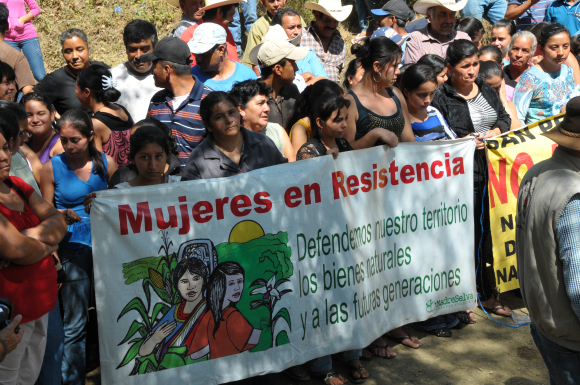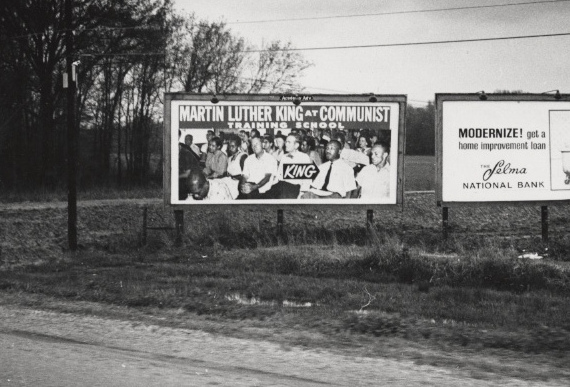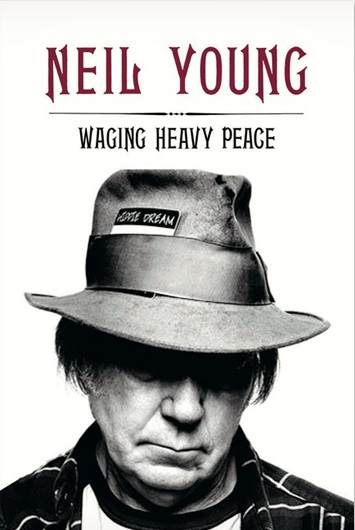Waging Nonviolence
Sudanese anti-austerity movement swells its numbers and hopes
We are seeing increasing social protests all over the world, with hundreds of thousands on the streets from Santiago to Montreal, from Moscow to Tokyo and everywhere in between. Sudan, after having recently divorced its southern neighbour is a country not know for its human rights and police leniency, so it is encouraging that even here things are moving, even if carefully.
Spain’s 15M movement responds to a wave of repression
by Ter Garcia
The 15M movement in Spain has faced repression from the very beginning: 24 young people were arrested and beaten by police in the demonstrations organized by Democracia Real Ya on May 15 last year, which is a large part of why several dozen people decided to camp that night in Sol square, turning the demonstration into an encampment.
Global Nonviolent Action Database launched
Nonviolence is a beautiful theory but it doesn’t work in the real world, critics have long argued. It is—they maintain—passive, weak, utopian, naïve, unpatriotic, marginal, simplistic, and impractical. In spite of these widely-held assumptions, however, people around the planet go on building one nonviolent people-power movement after another.
Can you imagine a different last ten years?
Article written by Nathan Schneider
It’s a foregone conclusion that revenge ties itself in a logical knot. It’s a cycle that churns until everyone bound up in it is dead. With the 10th anniversary of 9/11 in mind, philosopher Simon Critchley rehearses this fact eloquently in his latest at his New York Times forum, The Stone.
Coming home from killing
The recent British film In Our Name is a returning-soldier drama featuring a married woman, Suzy, who leaves her husband and little girl to fight in Iraq. Because she’s involved in the killing of a little girl during her tour—this part is based on a true story, but it happened to a man—she returns home only to steadily fall apart under the stress of soul-destroying anxieties.
‘Riot is the language of the unheard.’ What MLK would have said about the London riots.
Bryan Farrell, a New York based writer and contributor to wagingnonviolence.org gives his view on the English riots and what MLK might make of it all, “It is not enough for me to stand before you tonight and condemn riots. It would be morally irresponsible for me to do that without, at the same time, condemning the contingent, intolerable conditions that exist in our society.”










